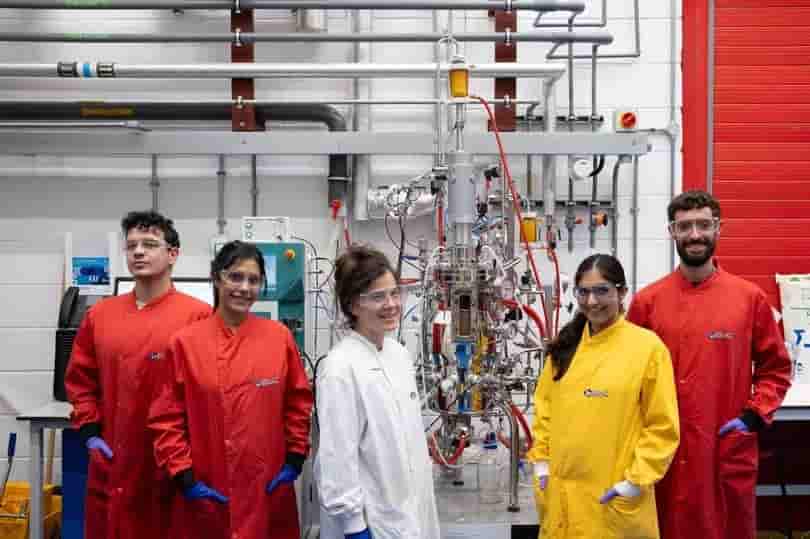Svensk Plaståtervinning, a Swedish a non-profit company co-owned by Swedish plastics, food and trade industry groups, inaugurated Site Zero, a sorting plant in Motala, Sweden. The plant features Tomra and Sutco equipment and aims to realise a circular economy for plastics by sorting Swedish plastic packaging waste into 12 fractions.
The plant is expected to process 42 metric tons of materials per hour and to recover 12 different types of plastics from mixed plastic packaging waste. This includes a variety of polyolefins, PET, PS, EPS, PVC, and more. The technology allows for purity levels of up to 98%. As of now the clean material fractions are then sent to recyclers in the EU. However, Site Zero is also planning to add recycling capacity to further process the main fractions locally in the future. Plastic waste
With Site Zero the three partners – Svensk Plaståtervinning, Tomra and Sutco – aim to close the loop on plastics and to enable zero waste, zero downcycling and zero emissions. “The plant we are seeing here today is the result of three partners working towards a common goal: closing the loop on plastic packaging.”, Oliver Lambertz, VP and Head of Operations and Feedstock Sourcing at Tomra Feedstock, concludes.
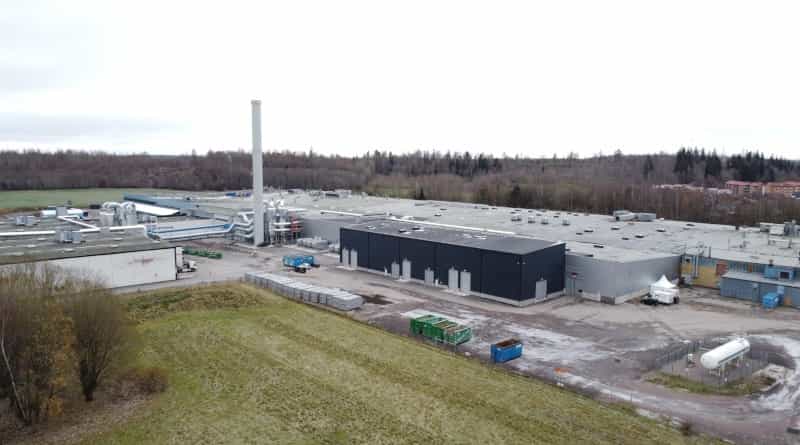
Plastic waste management: Working towards a sustainable future
The European Commission is determined to address the challenge of plastic waste, with a comprehensive strategy and targets that will transform Europe’s plastic waste management and help the transition to a circular economy.
The exponential growth of plastic use is of global environmental concern. It has led to a surge in plastic waste that our current waste management systems are struggling to manage. Plastic waste
Effective plastic waste management has emerged as a significant challenge and opportunity for innovation that requires a comprehensive and sustainable approach. The European Commission told The Innovation Platform about its plans to manage and mitigate plastic waste, the associated challenges and its progress towards ambitious policies and targets
What is the European Commission currently doing to manage plastic waste? What are key policies and how are they being implemented?
Plastics are an important material in our economy and daily lives. However, they can have serious negative effects on the environment and human health. The EU is taking action to tackle plastic pollution and marine litter to accelerate the transition to a circular and resource-efficient plastics economy. Plastic waste
The EU Plastics Strategy was adopted in January 2018 to transform the way plastic products are designed, produced, used, and recycled in the EU. We want to improve plastic waste recycling through better design, curbing plastic waste and littering, and driving investments and innovation in the value chain.
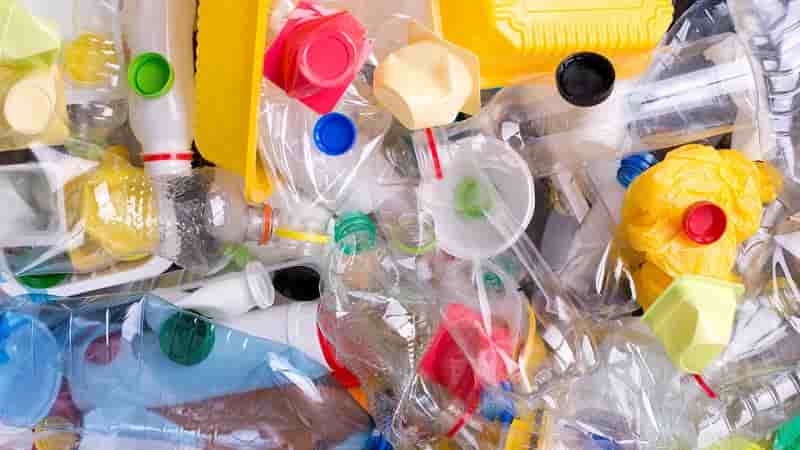
From Northvolt comes the sodium ion battery

Nanshan Fashion enters nylon field with Oerlikon
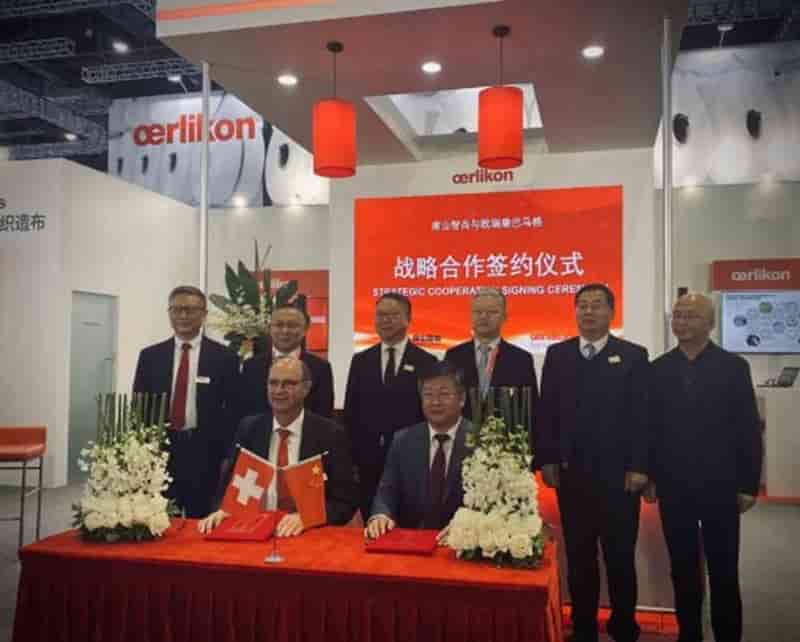
Hyosung, Tefron and Santoni partner to introduce sustainable activewear and seamless apparel
The world is witnessing a growing demand for sustainable and innovative solutions within the textile and fashion industry. To meet the evolving needs of consumers and the environment, Hyosung is collaborating with two of the leading global seamless companies, Tefron and Santoni, to introduce a new generation of sustainable sportswear and seamless apparel made with its certified and multi-functional yarns.
Hyosung, Tefron, and Santoni will unveil its collaborative product, which aims to set new standards in sustainable activewear and seamless clothing, at ISPO Munich this November 28-30 in Hall A1, Booth 335. Plastic waste
“The collaboration between Tefron, Hyosung, and Santoni presents a winning combination of certified eco-friendly raw materials and innovative production techniques,” said Susie Barak, Business Director, Tefron. “By integrating Tefron’s global one-stop shop expertise in seamless knitting with Hyosung’s creora® Bio-Based yarn, the partnership paves the way for innovative designs and styles that were previously challenging to achieve with traditional materials and manufacturing techniques.”
“We are delighted to team-up with two of the most powerful players in the seamless apparel market,” said Simon Whitmarsh-Knight, Hyosung Global Marketing Director -Textiles.
“The benefits of our collaboration are numerous and range from traceable, certified fibres, comfort, and performance to innovative design and versatility.” Plastic waste
To inspire seamless mills and fashion brands, Santoni will introduce its first-ever capsule collection of seamless materials made with Hyosung USDA, SGS-certified creora® Bio-Based elastane, RCS-certified 100% recycled creora® regen elastane, and soft-stretch creora® EasyFlex made on its world-class seamless knitting machines.
At the Santoni ISPO booth, the company will introduce its new SANTONI SM8-TOP2ST machine, a variant of its best-selling SANTONI SM8-TOP2V that allows for the creation of sculptured terry patterns and upgraded seamless designs. Santoni and Hyosung have partnered to create an environmentally friendly and innovative “capsule collection” made with Hyosung USDA, SGS-certified creora® Bio-Based elastane, which will be presented in the Hyosung booth.
The collection features terry knitting solutions to produce different padding effects based on higher protection and comfort. Plastic waste
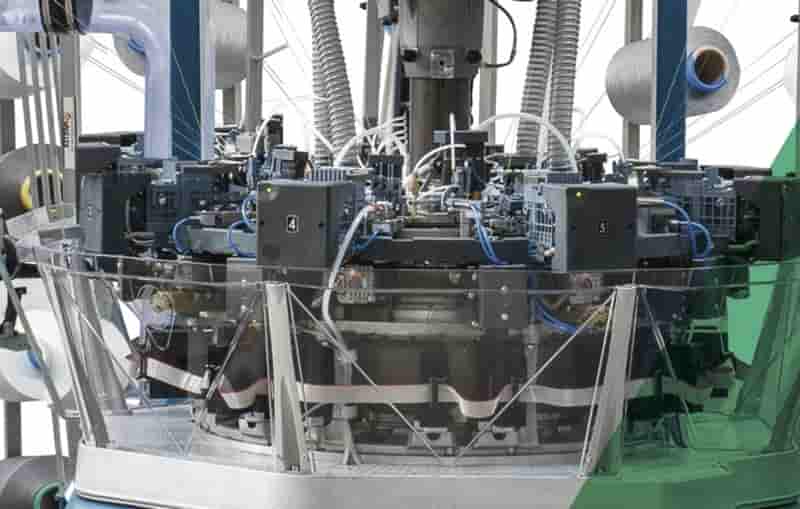
Breaking Down Waste – Plastic Granulators and Recycling Machines Drive Sustainability Efforts
As awareness grows around the world about the environmental impact of plastic waste, companies and municipalities are ramping up sustainability efforts and looking for solutions.
As awareness grows around the world about the environmental impact of plastic waste, companies and municipalities are ramping up sustainability efforts and looking for solutions. Key to these efforts are technologies like plastic granulators and recycling machines that allow for the efficient breaking down and repurposing of plastic waste.
Plastic granulators are powerful machines that fragment and grind plastic scraps into smaller, uniform pieces called regrinds or granules. The resulting plastic granules provide the feedstock for recycling and can be remade into new plastic products. Common plastic resins that are recycled include PET, PP, HDPE and LDPE. Plastic waste
“Plastic granulators are an essential first step in the recycling process,” said John Smith, president of ABC Recycling Machinery. “They enable us to take in scrap plastic that would otherwise be destined for landfills and grind it into a raw material that can be reborn as new plastic products. It’s a closed-loop system that creates less waste and uses fewer virgin resources.”
There are numerous types of plastic granulators available that are tailored to different plastic scrap streams and volumes. The granulation process reduces the size of plastic feeds such as bottles, containers, film, engineering plastic and other leftovers from manufacturing or post-consumer use. Plastic waste
The granulator uses a cutting chamber and rotating knives to continuously slice the plastic until it is small enough to fall through a sized screen. The screen size and knife design can be configured based on the type of plastic stream input as well as the desired particle output size.
ABC Recycling Machinery offers heavy-duty granulators for large volume recycling as well as smaller bench-top granulators for converting scrap in a lab or small manufacturing setting. The granulators have safety mechanisms to prevent operator injury or contact with internal cutting components. Proper feeding rate, screen configuration, blade sharpness maintenance and stable ground anchoring are also critical to safe and efficient operation. Plastic waste
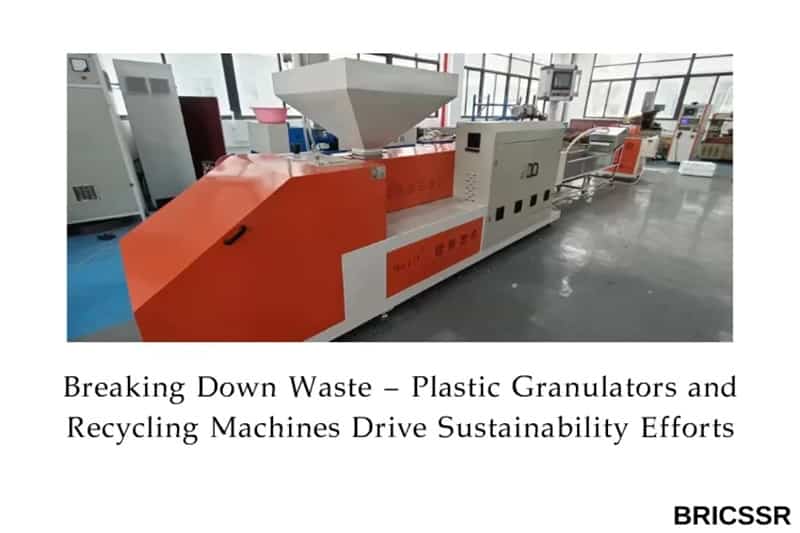
Plastic waste

